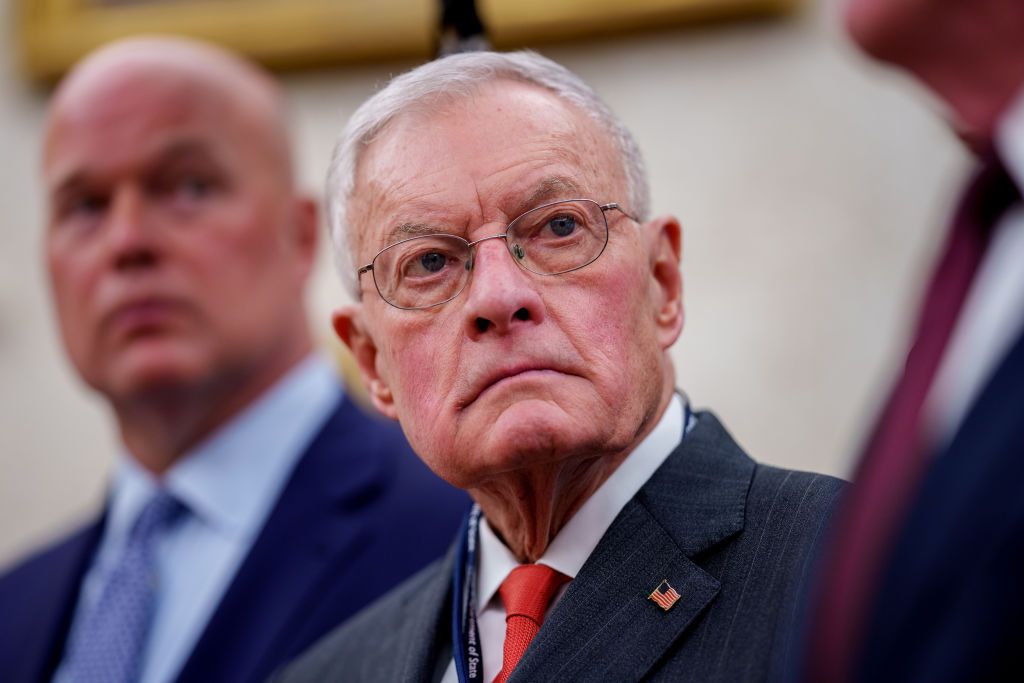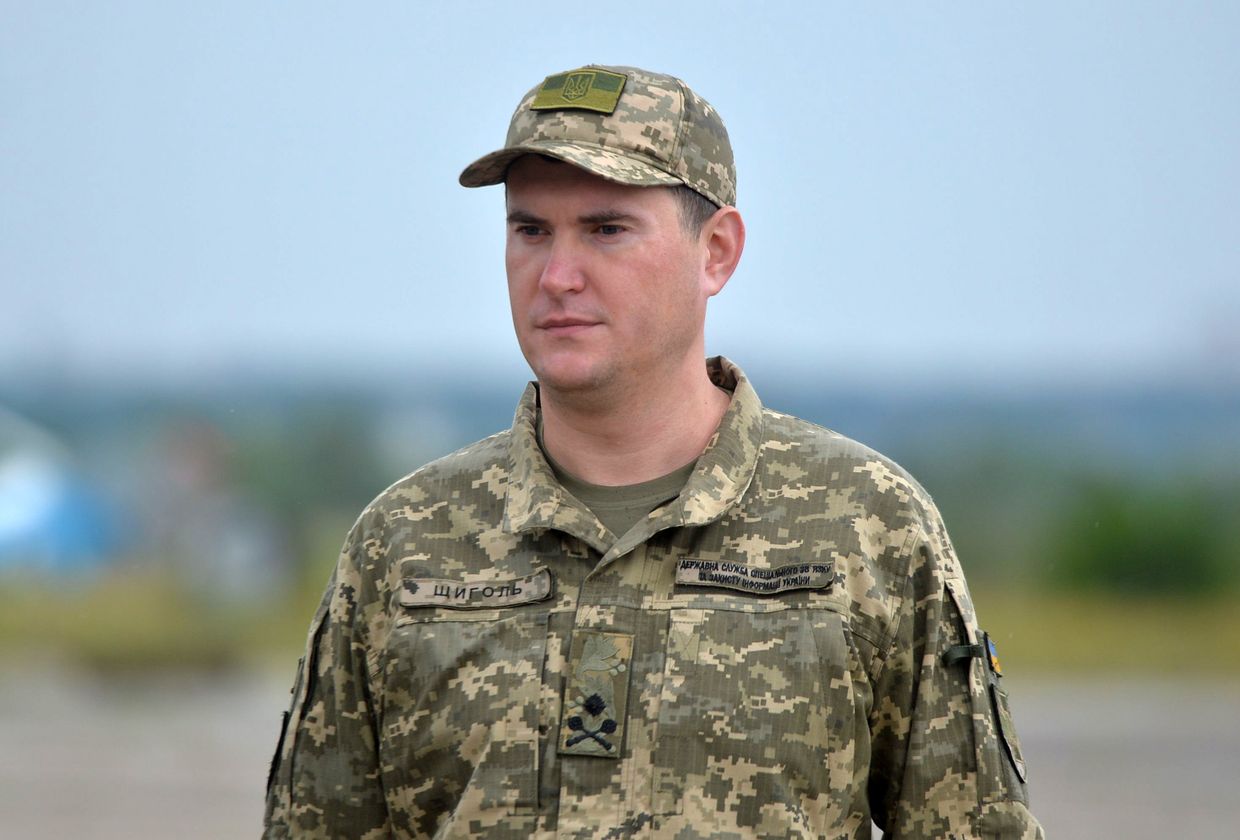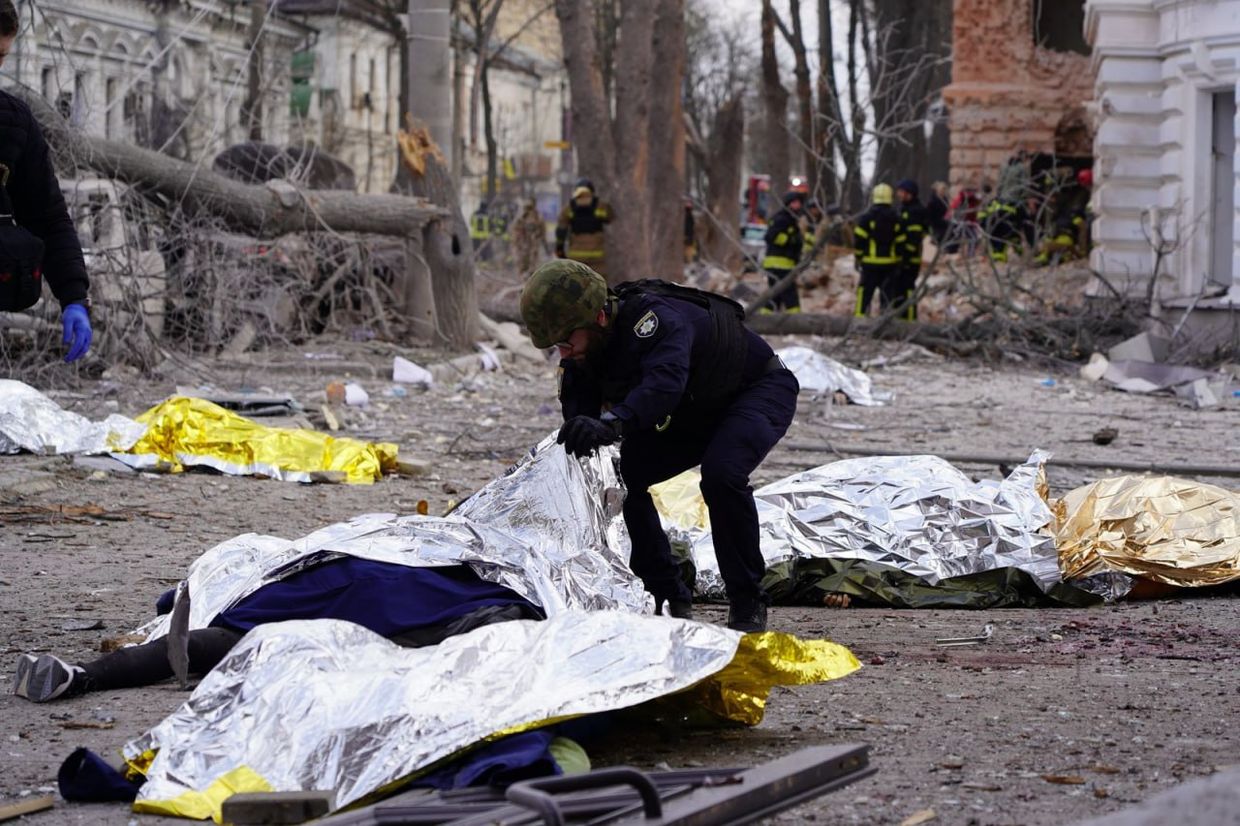Republican vice presidential nominee J.D. Vance might consider himself a genius for proposing “neutrality” for Ukraine as the centerpiece of his plan to end Russia’s war. For Vance, this appears to be a true eureka moment.
Unfortunately, the concept of neutral status for Ukraine is not new. Vance may not realize it, but Ukraine effectively had neutral status in 2014. Until Russia’s annexation of Crimea and its initial invasion of Donbas that year, Ukraine maintained a non-aligned status, which implied neutrality.
This neutral, or non-aligned, status failed to protect Ukraine. Instead, its military weakness and neutrality were a green light for Russian President Vladimir Putin to annex and invade Ukrainian territory. It’s hard to imagine such a status would deter Putin from attacking again. The only assurance against further Russian aggression is a strong defense, ideally in alliance with Western partners.
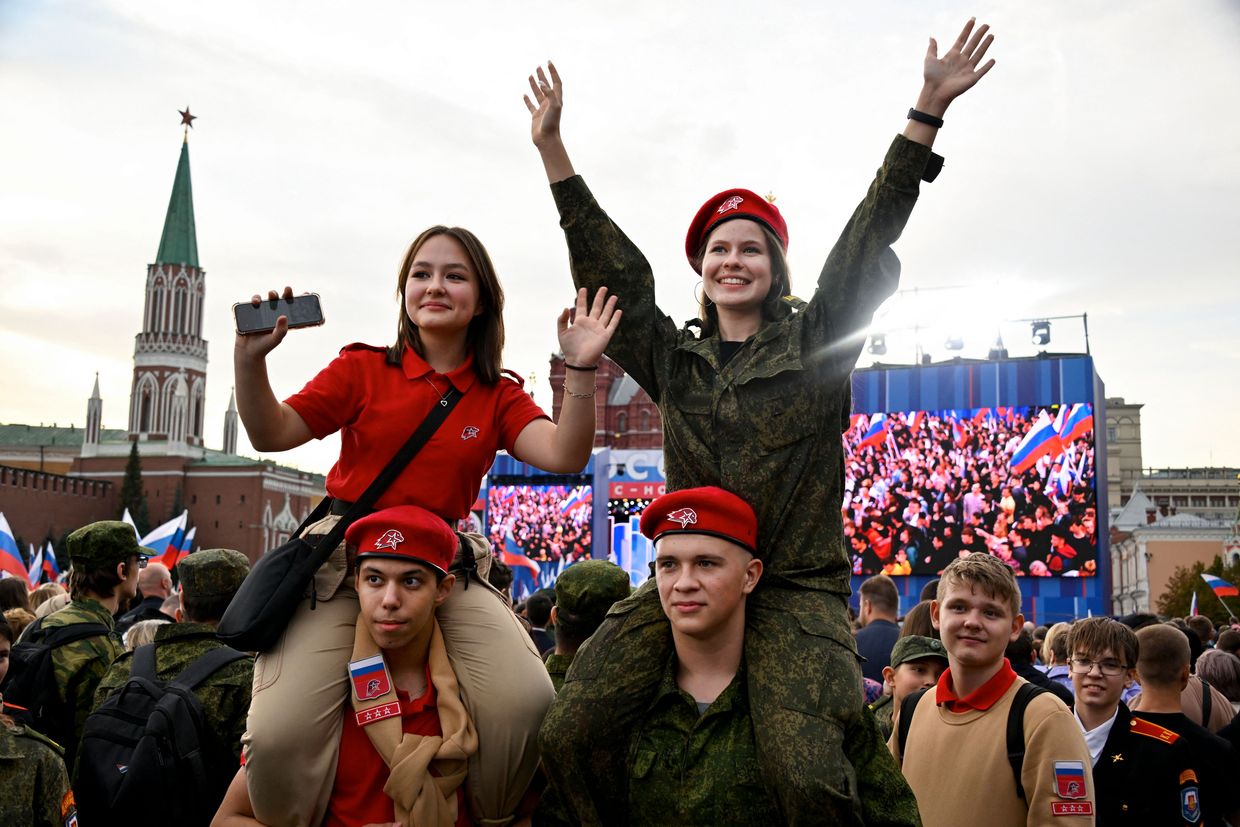
"Neutral, or non-aligned, status failed to protect Ukraine. Instead, its military weakness and neutrality were a green light for Russian President Vladimir Putin to annex and invade Ukrainian territory."
The obsolescence of neutrality in Europe is underscored by Finland and Sweden – previous supporters of neutral status – joining NATO after Russia's invasion of Ukraine. Before the war, this shift seemed impossible. Unlike Vance’s starry-eyed view of Putin, Swedes and Finns have a clear-eyed understanding of the threat Russia poses to European security. History has proven that neutrality provides no defense, and it would offer Ukraine zero assurance that Russia wouldn’t attack again.
Vance also suggests that Ukraine can appease the threat from Russia by forgoing any ambition to join Western structures – presumably NATO and the European Union. It’s important to remind Vance that Ukraine had no real prospect of joining NATO in 2014 when Crimea was annexed. Opinion polls showed single-digit support for NATO membership, and NATO itself had little appetite for Ukraine’s accession. Russia understood this but invaded anyway – not out of fear of future NATO enlargement, but because Putin saw an opportunity to exploit Ukraine's weakness in a pure imperial land grab.
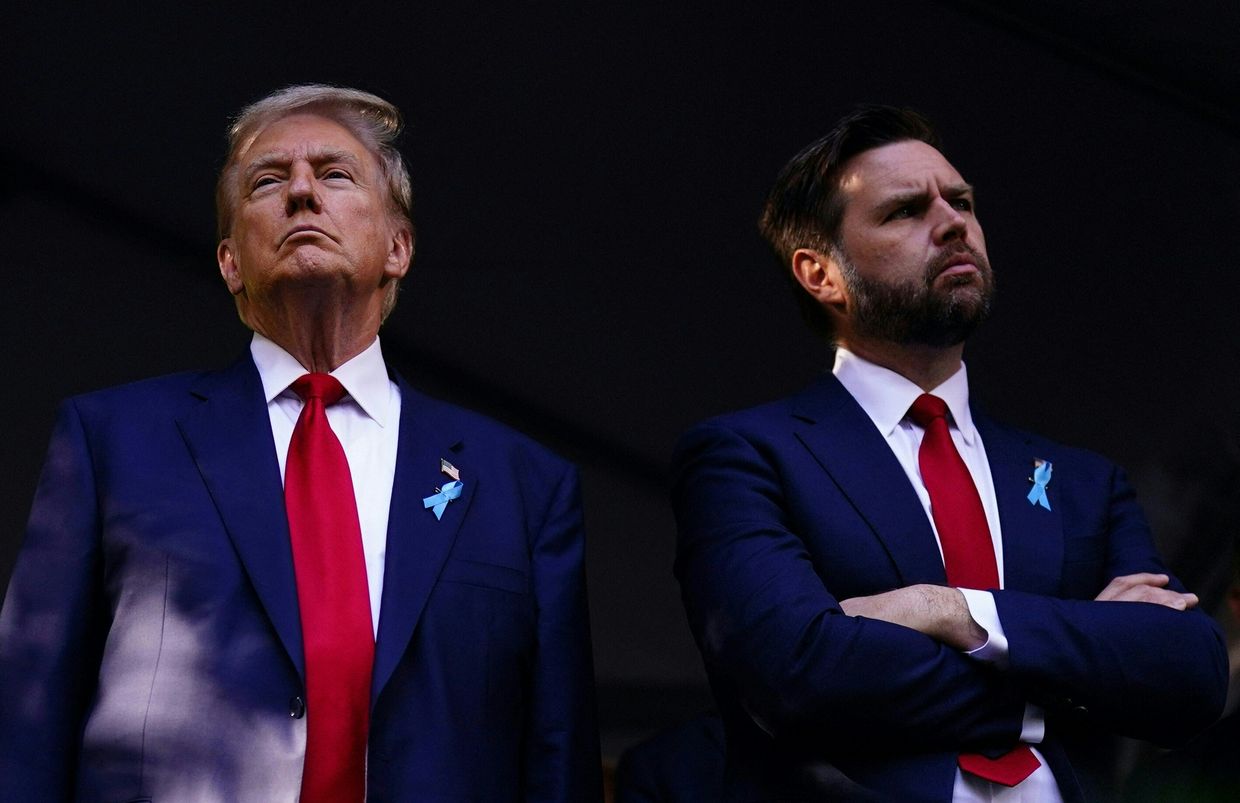
Putin has since openly stated that his invasion was about his refusal to accept Ukraine as a sovereign state or Ukrainians as distinct from Russians. For Putin, Russia and Ukraine are the same people and should be united. His invasion wasn’t about NATO enlargement, which was never a reality – it was about imperialism.
Only in response to Russian aggression has Ukrainian support for NATO grown, out of necessity and a recognition that non-aligned status failed. Rejecting Ukraine’s desire to join NATO, as Vance suggests, would bow to Russian bullying and reward aggression. It would likely encourage more expansionist policies from Russia. Ukrainian membership in NATO not only assures Ukraine's security but also strengthens Europe’s defense. Ukraine’s enhanced military capability, proven in battle, would be an asset to NATO.
"Only in response to Russian aggression has Ukrainian support for NATO grown, out of necessity and a recognition that non-aligned status failed."
As for EU accession, if Vance also seeks to block Ukraine’s membership, it reveals a deep misunderstanding of recent Ukrainian history. His plan seems rooted in outdated thinking – that Ukraine’s best position is to remain a bridge between East and West, as it did before 2014. Vance may have a romantic vision of a golden age of Ukrainian neutrality, but in reality, that status failed. It invited Russian aggression and stunted Ukraine’s economic development, leaving it vulnerable to state capture by oligarchs, particularly those with ties to Russia.
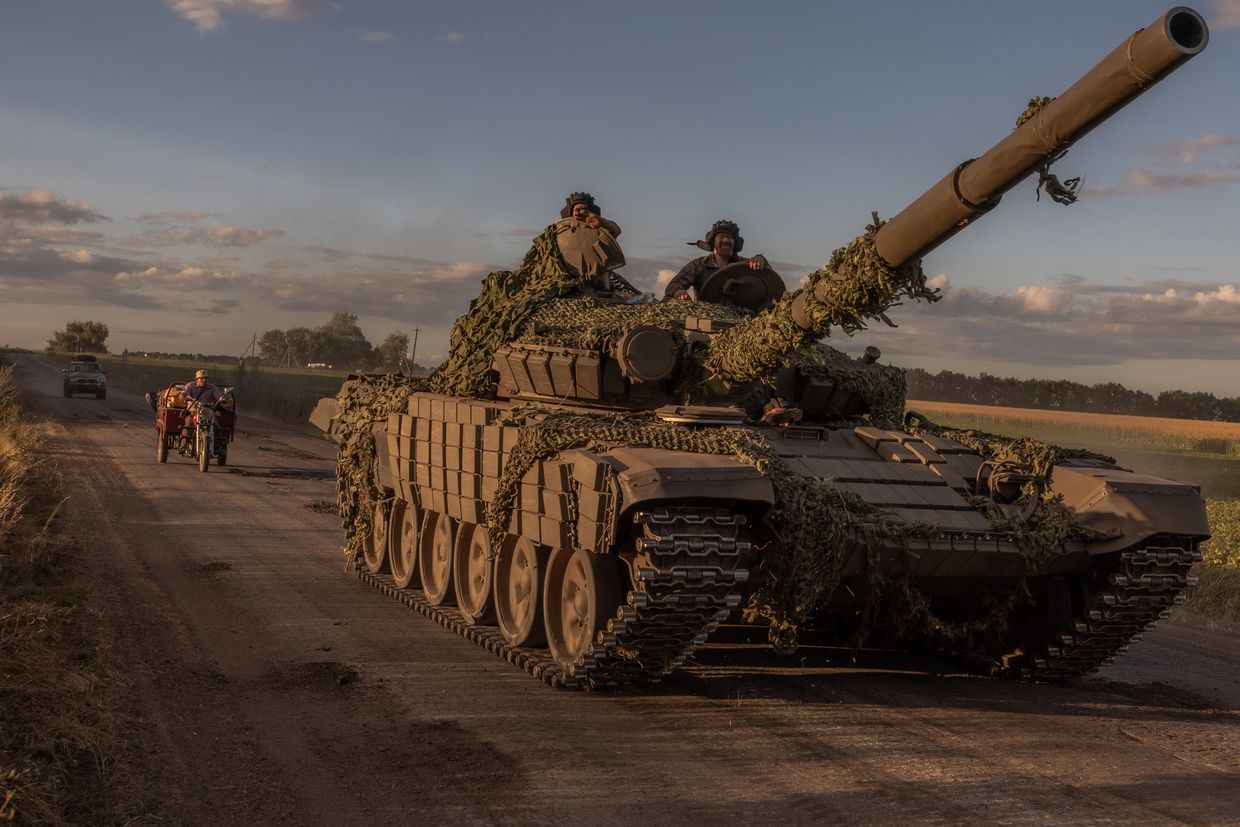
A key statistic Vance should consider is Ukraine’s per capita GDP compared to Poland and Russia in 1991 – around $3,000 for all three. By 2013, Poland and Russia had grown to nearly $14,000, while Ukraine remained stuck at just over $3,000. Poland chose the EU, Russia relied on commodities, and Ukraine was caught in a no-man’s-land of corruption and stagnation. This instability led to two revolutions – the Orange Revolution in 2004 and the Euromaidan in 2013-14. By 2013, Ukraine had to choose: East or West. Ukrainians opted for the West, and Putin couldn’t accept that, leading to war.
Vance may not comprehend this, but Ukrainians do – and I would argue Putin does as well. Returning to neutrality or non-alignment is a recipe for failure. Ukraine’s economy would collapse, it would be unable to sustain a defense against Russia, and Vance’s plan would pave the way for another Russian invasion. Economic failure would likely lead to political and social instability, creating risks for Europe. Imagine tens of millions of Ukrainians fleeing west, while Ukraine’s military and security forces become destabilized. How would Europe confront such a security threat?
Vance seems desperate to avoid a Russian defeat in Ukraine – so much so that he’s willing to offer Putin a win. But in doing so, he fails to grasp the consequences of his appeasement: future security risks to Europe and a weakening of the Western alliance, which even Vance should recognize as vital in the looming battle for hegemony with China.
Editor’s Note: The opinions expressed in the op-ed section are those of the authors and do not purport to reflect the views of the Kyiv Independent.
Introducing official merch
from the Kyiv Independent







